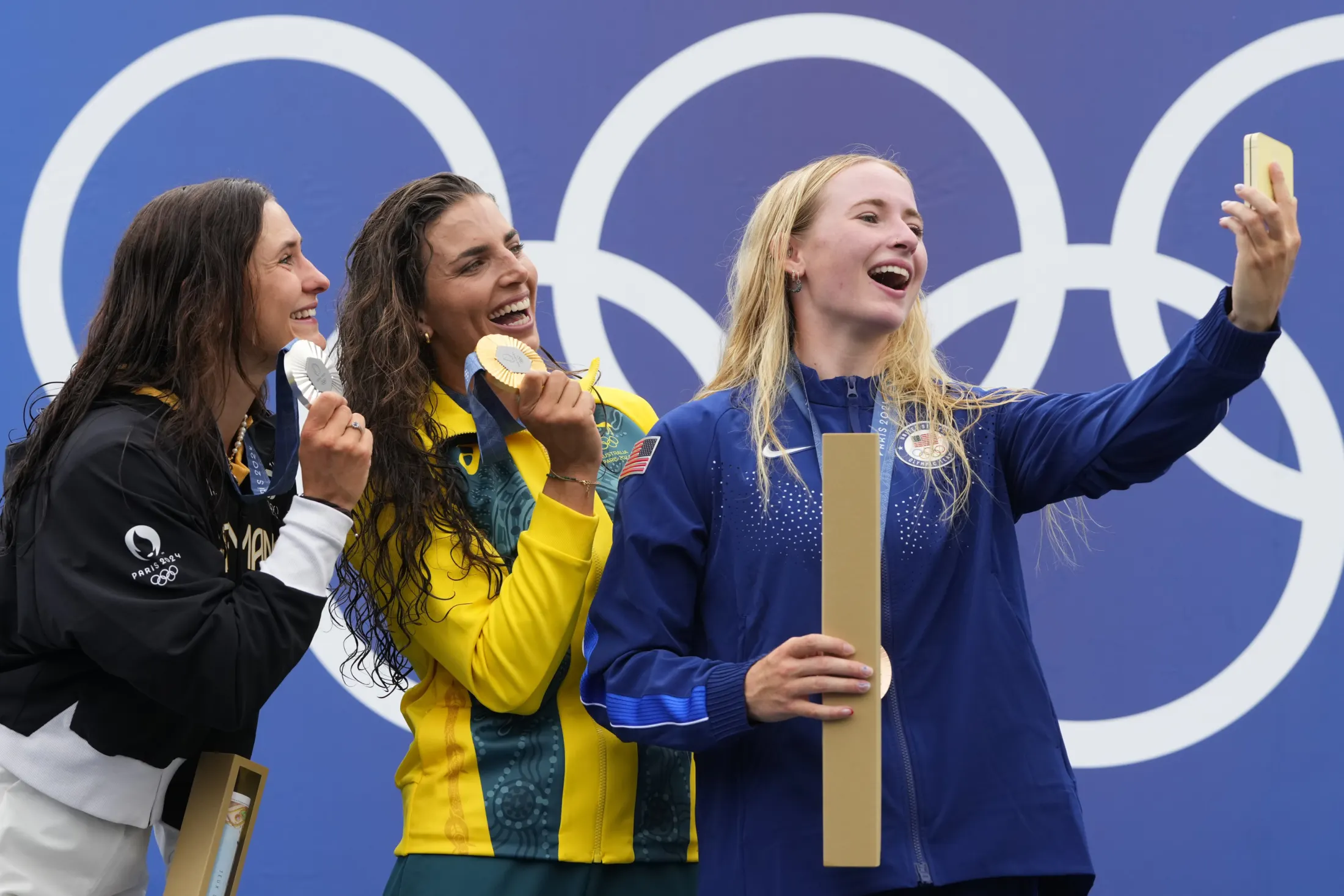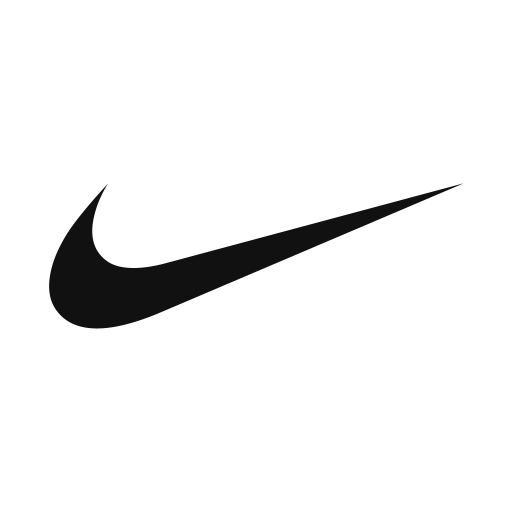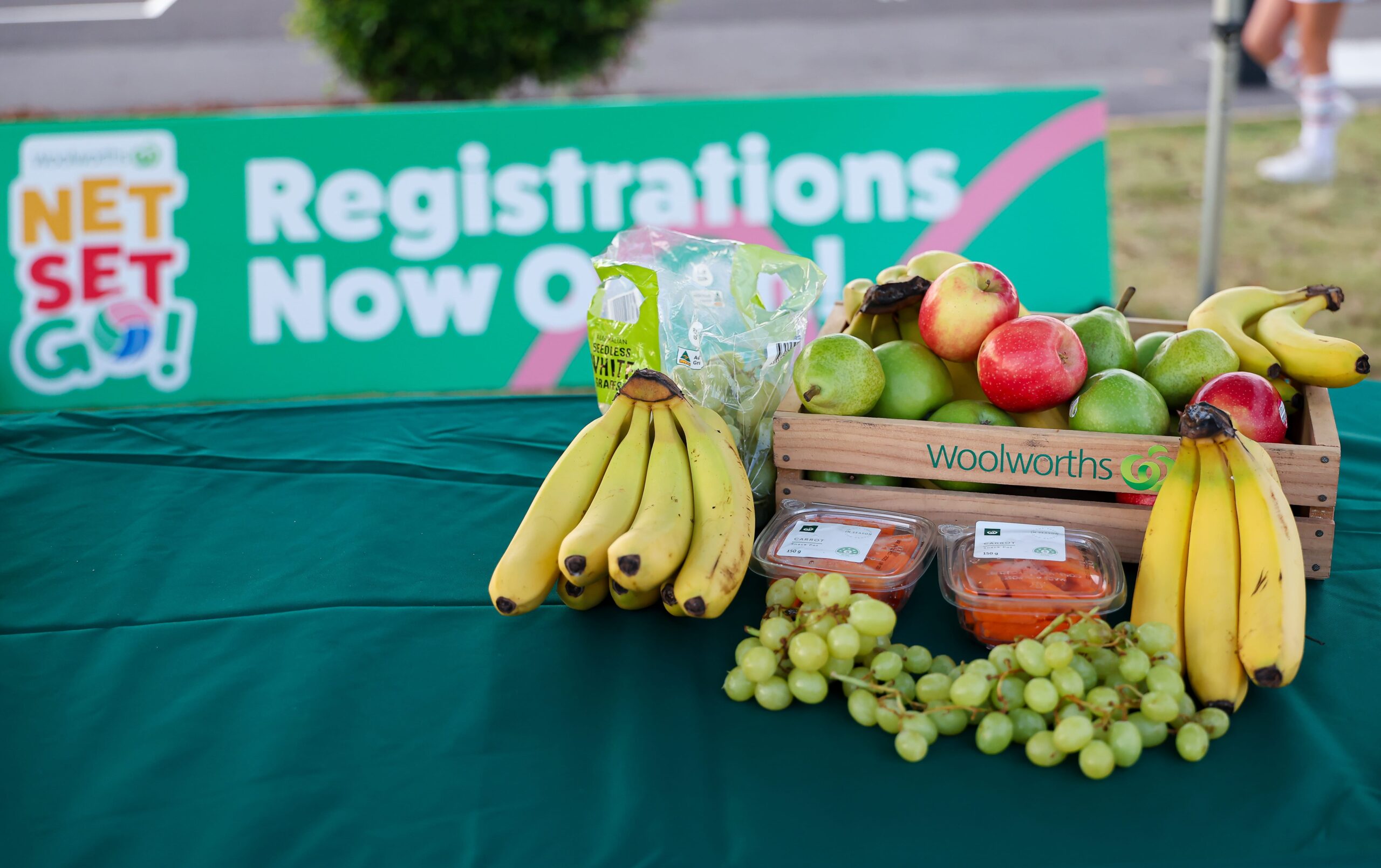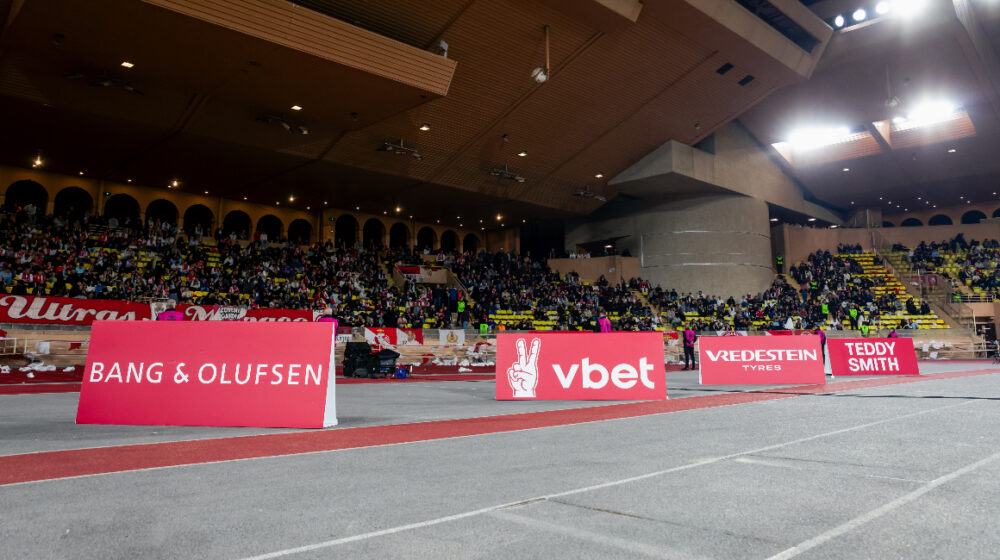Brands in Paris: Examining the Olympics Product Placements

In a significant shift from tradition, the Paris 2024 Olympics have embraced unprecedented levels of commercialisation, allowing brands like LVMH, Samsung, and Coca-Cola to showcase their products in new ways. This development underscores the evolving relationship between major sporting events and business opportunities, as sponsors play a crucial role in funding the Games.
For the first time, the Olympics feature prominent product placements, such as Samsung smartphones used by winning athletes for selfies on Louis Vuitton trays, and gold-coloured Coca-Cola water bottles at the opening ceremony. This marks a departure from the Olympics’ historical resistance to commercial branding, highlighting the Paris Games’ strategy to rely more on sponsorship and less on taxpayer funding.
A group of 16 global companies, including Samsung and Coca-Cola, collectively invested $2.3 billion for exclusive marketing rights in the 2017-2021 cycle, which covered both Winter and Summer Games. This figure more than doubled from the previous cycle, reflecting the increasing commercial potential of the Olympics.
This product-placement strategy has sparked debate among sports officials. Some argue for maintaining the Olympics’ ad-free tradition, while others see potential in adopting practices from other global sporting events, where branding is more prevalent. Michael Payne, former marketing director of the International Olympic Committee (IOC), emphasised the delicate balance between protecting the Olympic brand and offering new sponsorship opportunities.
LVMH’s visible presence at the opening ceremony, featuring Louis Vuitton trunks, was the result of strategic negotiations between LVMH CEO Bernard Arnault, IOC President Thomas Bach, and Paris 2024 Organising Committee Chairman Tony Estanguet. LVMH’s sponsorship also includes designing medals, providing trays, dressing presenters, and more, contributing €150 million to the organising committee’s budget.
Phil Andrews, CEO of USA Fencing, explained that financial considerations necessitated the increased marketing presence, noting that sponsors are essential for ensuring host cities and taxpayers are not burdened with the financial costs of the Games.
The Olympics’ move towards greater product placement contrasts with its past advertising limitations. Traditionally, branding has been restricted to areas outside the field of play, such as Visa payments at venues and Omega clocks. In contrast, other major sports leagues, like the English Premier League and the NBA, feature sponsor logos on jerseys, while the soccer World Cup displays sponsors on pitch-side screens.
As the Olympics head towards the 2028 Summer Games in Los Angeles, discussions about expanding commercial income, including the possibility of naming rights for Olympic venues, are expected to intensify.
The IOC remains committed to exploring authentic ways to recognise partners’ contributions while enhancing the Olympic experience and promoting Olympic values. The Paris 2024 Olympics set a precedent for future Games, demonstrating how commercial partnerships can support the world’s largest sporting event.
Similar Stories

2032 Olympics Games To Create Generational Infrastructure For Queensland
Queensland Premier, David Crisafulli, has announced a stadium plan, 1343 days after Brisbane...

Nike and SKIMS Launch ‘NikeSKIMS’ to Disrupt Women’s Activewear Market
Nike, Inc. and SKIMS have joined forces to introduce NikeSKIMS, a groundbreaking new...

Netball Australia’s Grassroots Rebrand
Sport Design Australia (SDA) has completed a comprehensive rebrand of Netball Australia’s Woolworths...
It's free to join the team!
Join the most engaged community in the Sports Business World.
Get all the latest news, insights, data, education and event updates.






